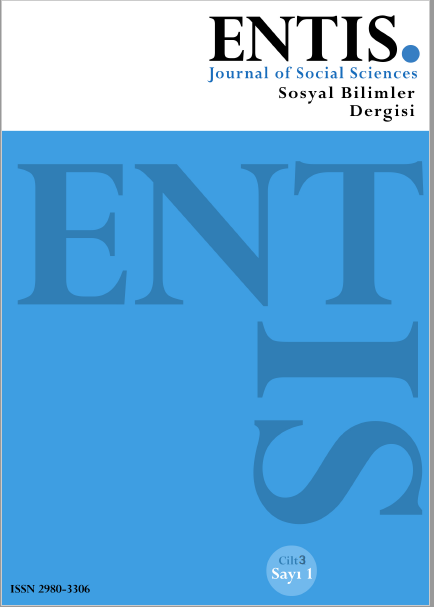Eating Disorders
Keywords:
Eating disorders, anorexia nervosa, bulimia nervosa, binge eating disorder.Abstract
This study aims to present a comprehensive review of the current literature on the epidemiology, etiology, clinical features, diagnostic processes, treatment approaches and prognosis of eating disorders. In this systematic literature review, studies published between 2015 and 2024 were analyzed. The findings show that the prevalence of eating disorders has more than doubled in the last 20 years and the COVID-19 pandemic has accelerated this increase. The etiology of eating disorders is characterized by the interaction of genetic, biological, psychological and environmental factors. Among the treatment approaches, Cognitive Behavioral Therapy - Enhanced version in adults and Family-Based Treatment in children and adolescents were determined as the first recommended interventions. Early diagnosis and intervention are critical in prognosis, but the average time to diagnosis is 5.28 years, which draws attention as an important problem. The unique characteristics of eating disorders in special populations (men, athletes, sexual minorities) suggest that assessment and treatment processes need to be tailored to these groups. In conclusion, it is important to adopt a multidisciplinary approach in the prevention and treatment of eating disorders, to increase public awareness and to facilitate access to health services.



